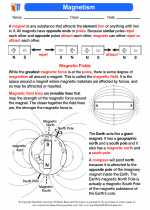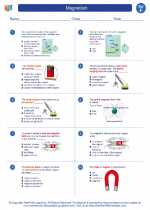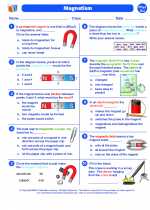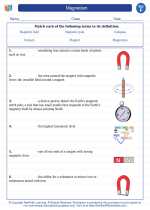Anatomy of the Kidneys
- Location: The kidneys are two bean-shaped organs located on either side of the spine, just below the rib cage.
- Structure: Each kidney is made up of an outer cortex and inner medulla, containing millions of nephrons, the functional units of the kidneys.
- Nephrons: These are the filtering units of the kidneys, consisting of a glomerulus (a cluster of blood vessels) and a renal tubule.
- Renal Artery and Vein: Blood is supplied to the kidneys through the renal artery and drained by the renal vein.
Functions of the Kidneys
- Filtration: The kidneys filter waste products, toxins, and excess substances from the blood to produce urine.
- Regulation of Fluid Balance: The kidneys help maintain the body's water balance by adjusting the volume and concentration of urine produced.
- Regulation of Blood Pressure: They produce the hormone renin, which helps regulate blood pressure and maintain proper blood volume.
- Acid-Base Balance: The kidneys help regulate the body's acid-base balance by excreting hydrogen ions and reabsorbing bicarbonate ions.
- Production of Erythropoietin: Erythropoietin, a hormone produced by the kidneys, stimulates the production of red blood cells in the bone marrow.
Common Kidney Disorders
- Chronic Kidney Disease (CKD): A condition in which the kidneys gradually lose function over time, often leading to end-stage renal disease.
- Kidney Stones: Hard deposits of minerals and salts that form in the kidneys and can cause severe pain when passing through the urinary tract.
- Urinary Tract Infections (UTIs): Infections that can affect the kidneys, ureters, bladder, and urethra, leading to symptoms such as pain, frequency, and urgency of urination.
- Acute Kidney Injury: Sudden loss of kidney function due to various factors such as dehydration, severe infection, or medication toxicity.
◂Science Worksheets and Study Guides Sixth Grade. Magnetism
Study Guide Magnetism
Magnetism  Activity Lesson
Activity Lesson Magnetism
Magnetism  Worksheet/Answer key
Worksheet/Answer key Magnetism
Magnetism  Worksheet/Answer key
Worksheet/Answer key Magnetism
Magnetism  Worksheet/Answer key
Worksheet/Answer key Magnetism
Magnetism  Worksheet/Answer key
Worksheet/Answer key Magnetism
Magnetism  Vocabulary/Answer key
Vocabulary/Answer key Magnetism
Magnetism 

 Activity Lesson
Activity Lesson
 Worksheet/Answer key
Worksheet/Answer key
 Worksheet/Answer key
Worksheet/Answer key
 Worksheet/Answer key
Worksheet/Answer key
 Worksheet/Answer key
Worksheet/Answer key
 Vocabulary/Answer key
Vocabulary/Answer key

The resources above cover the following skills:
EARTH AND SPACE SCIENCE
Earth’s Systems
Develop and use models of Earth’s interior composition to illustrate the resulting magnetic field (e.g., magnetic poles) and to explain its measureable effects (e.g., protection from cosmic radiation).